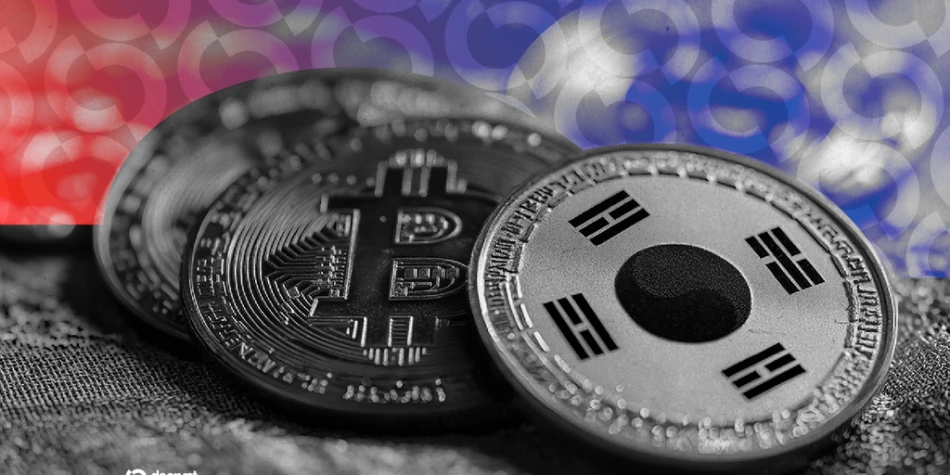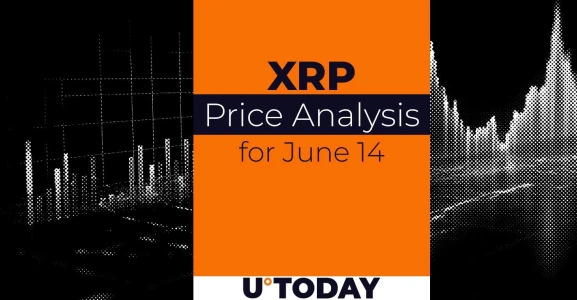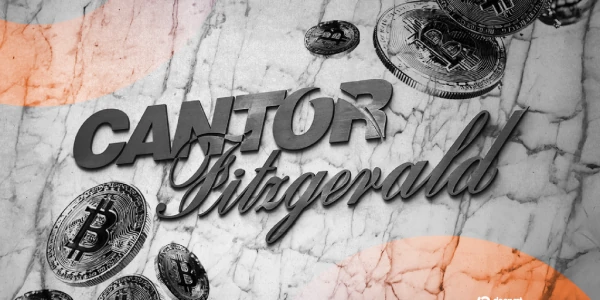
Here's What's at Stake for Crypto in South Korea's Upcoming Election
Crypto policy is a key issue ahead of South Korea’s June 3 election, with both parties backing ETFs and stablecoin reforms.[...]
South Korea's Crypto Landscape Takes Center Stage in Upcoming Presidential Election
As South Korea prepares to elect a new president on June 3, the country's digital asset landscape has emerged as a key campaign issue. With nearly one-third of Korean citizens owning cryptocurrency, both major party candidates have positioned crypto as a crucial component of their economic platforms.
Dr. Sangmin Seo, a South Korean technologist leading the Kaia DLT Foundation, observes that crypto has become increasingly politically instrumental, with both sides of the political spectrum recognizing the urgency to keep pace with regulatory advancements in other countries.
Candidates Diverge on Stablecoin Policy
While Democratic Party candidate Lee Jae-myung and People Power Party nominee Kim Moon-soo have found common ground in supporting crypto ETFs, they hold differing views on stablecoin policy.
Lee supports the introduction of won-backed stablecoins to curb capital flight, citing substantial outflows from Korean exchanges in the first quarter of 2022. He plans to create a monitoring system and reduce transaction costs, providing investors with regulated access to crypto.
Kim, on the other hand, seeks to dismantle the one-exchange-one-bank rule to ease banking restrictions on crypto firms. He aims to slash taxes for the country's growing middle class, enabling a transparent crypto market and allowing crypto-linked funds to operate.
Regulatory Landscape and Industry Concerns
The consensus between the two major parties suggests that crypto and digital asset regulation in South Korea could soon relax, despite concerns of repeating the collapse of the Terra algorithmic stablecoin. Lawmakers are communicating with industry experts to create a regulatory framework that addresses consumer protection measures.
However, the industry has been "reviled as one of the darkest markets" due to several high-profile scandals, including one involving a politician's trading activities. Reining in the industry is a priority, and the proposed won-backed stablecoin is expected to be a more stable and less volatile alternative to past crypto-algorithmic models.
Crypto ETFs and Stablecoin Regulations
Candidates are also showing interest in launching crypto ETFs in Korea, although concrete progress on their introduction has been limited. Experts suggest that the "first step should start from judging which party can operate spot ETF, including custody."
As for stablecoins, the Bank of Korea is considering linking its deposit tokens to a public blockchain, positioning its state-backed digital currency alongside private-sector stablecoins. Analysts believe that won-backed stablecoins are likely to circulate primarily within Korea, with a focus on stability and reducing the likelihood of a collapse like that of Terra-Luna.
South Korea's crypto landscape is poised to undergo significant changes, with the upcoming presidential election serving as a catalyst for regulatory developments and the potential introduction of crypto-related investment products.
Most Viewed News








